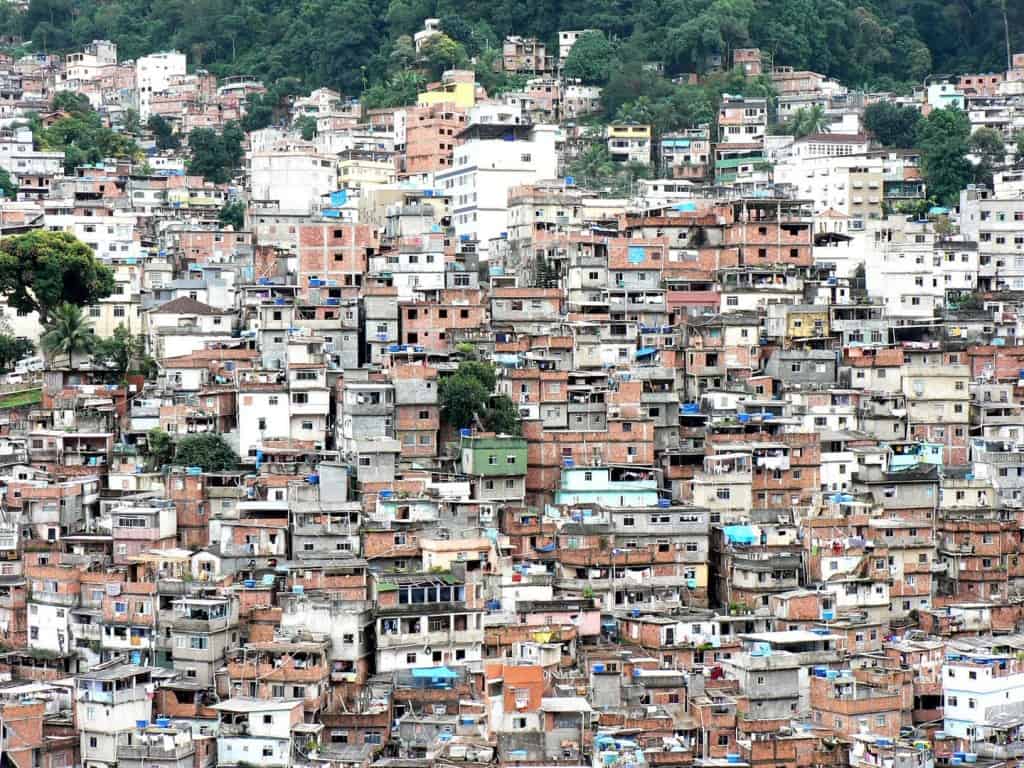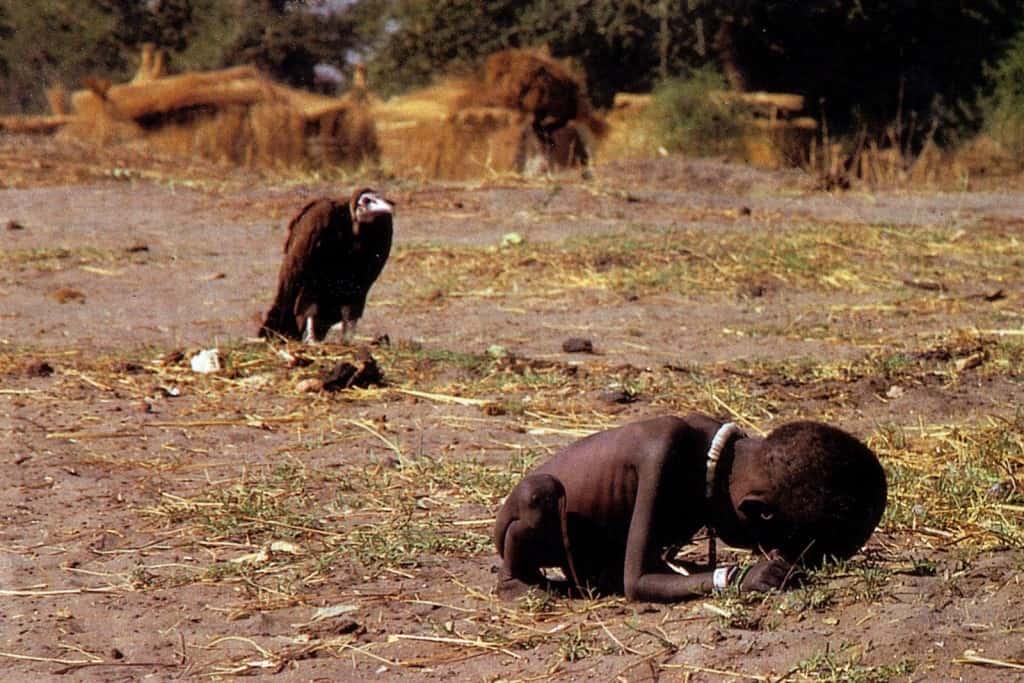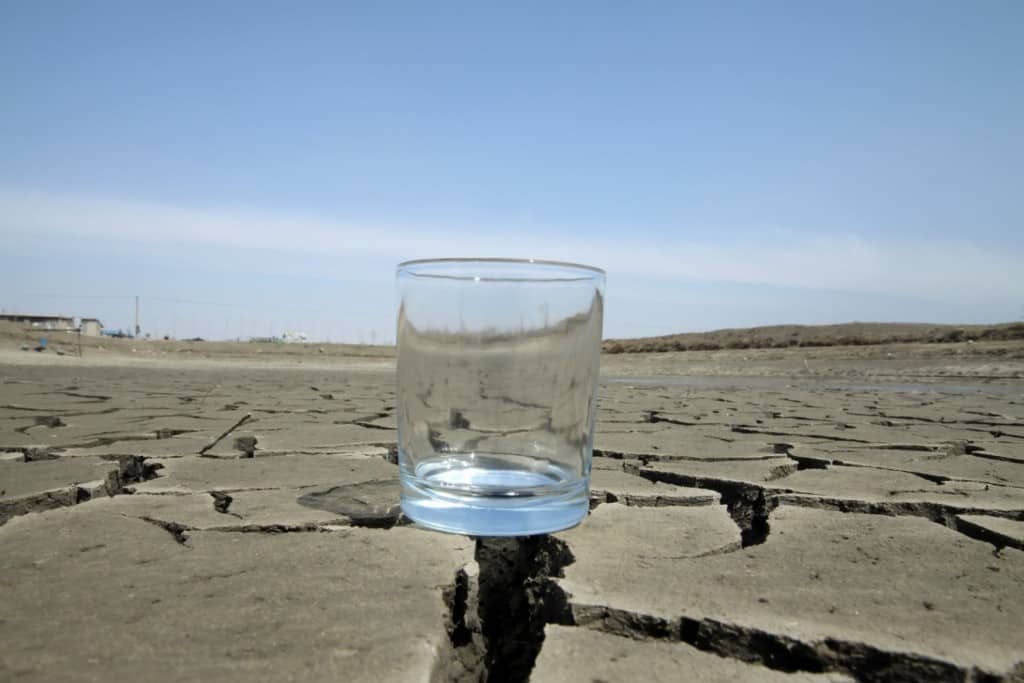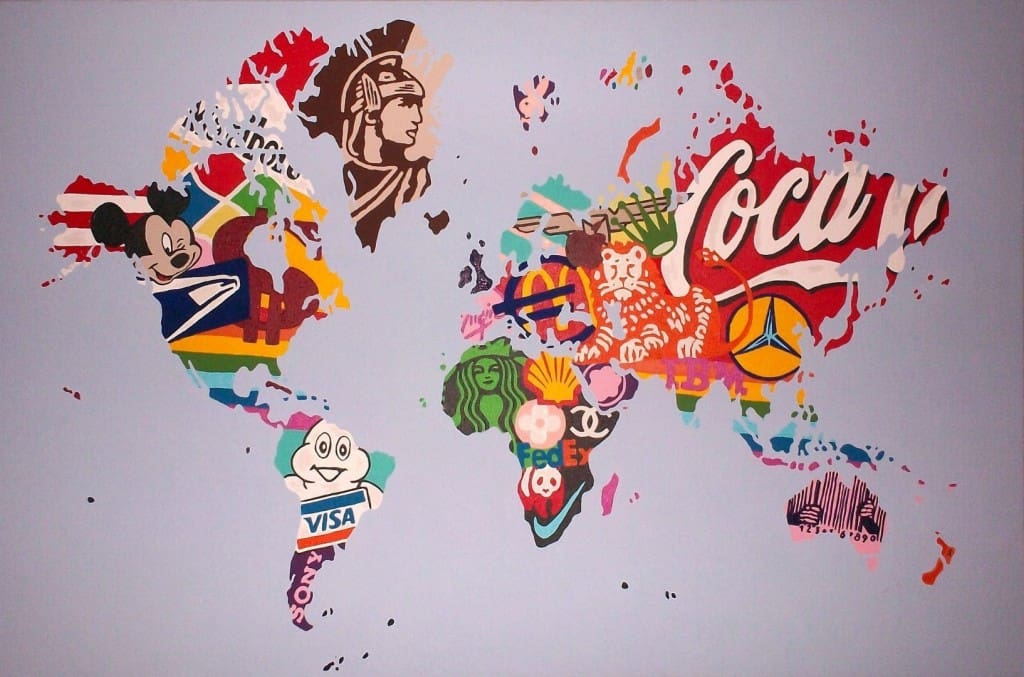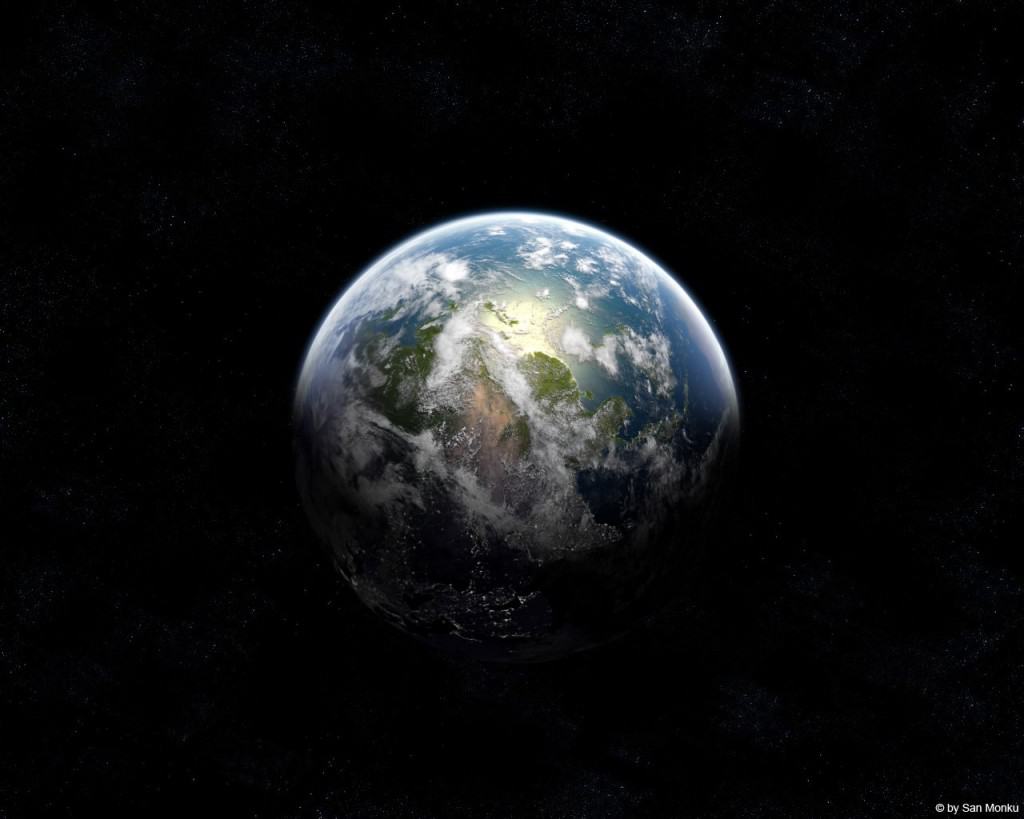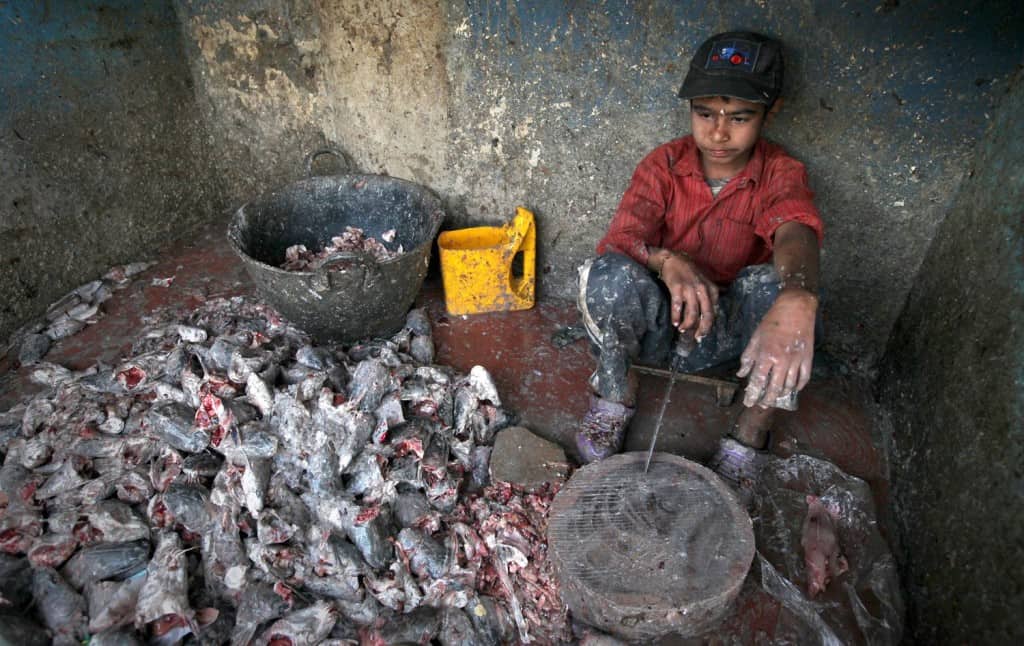20 Shocking Statistics That Will Make You Worry About Our Planet
Lists, ShockingThere is a major disconnect between the way the world operates and the way we perceive it to function. This growing disconnect has created greater troubles for the planet because we are clearly unaware of the scale and magnitude of our problems. There are several organizations around the world that are working hard to bridge the gap between ignorance and awareness, spending countless hours, manpower and resources to solve critical problems and provide the general public with vital insights about the condition of the world. Here is a list of 20 statistics compiled from trusted official sources that will shock you and make you worry about the state of our planet:
Poverty Line
More than 80 percent of all human beings live on less than 10 dollars a day. Despite falling under this bracket, a lot of these people are not considered to be living under the poverty line.
Disparity Between Rich And Poor
While one percent of the world’s population controls over 45 percent of its wealth, the poorest 40 percent have access to only 5 percent of the total wealth. This disparity is becoming larger with each passing decade. Only two decades ago, the top one percent controlled only 20 percent of the wealth.
Growing Population
There were only 6 billion people on our planet during the turn of the century. This number has already moved past the 7 billion mark in the decade since. Our population growth rate is at an all time high. By 2050, we are expected to be nearing 9.6 billion.
Ignoring Our Children
This is probably the most horrifying statistic about our planet and should be one of our biggest concerns. Nearly 22,000 children die every day due to starvation. This means that three children would have passed away by the time you finished reading this paragraph.
Shocking Illiteracy
At the dawn of the new millennium, over one billion people in the world were unable to read or write, or even sign their own name in any language. This rate of illiteracy can only be countered with educational programs but we are yet to see any such quality initiatives.
Got Water?
Water, water, everywhere, but not a drop to drink! Nearly 1.2 billion people in the world do not have access to a regular and clean supply of water, a resource that is abundantly available on our planet.
Illusion Of Progress
It feels like the world has gone urban in the recent past, but the reality is quite different. Less than 50 percent of the world lives in towns and cities. The majority still live in tiny villages and are struggling to survive.
One-Sided Consumerism
We have access to more products and services than ever before in the history of our civilization, but who is really using of all this? The top 20 percent of the world is responsible for nearly 80 percent of all consumption while the bottom 20 percent is responsible for less that 2 percent of total consumption.
Power Problems
Even though we have enough and more alternative sources of power generation available to us, we insist on using traditional means, and that is costing us big time! Nearly 1.6 billion people in the world do not have access to power due to these outdated methods of operation.
Debt Creation
The system in place is so faulty at this point, that whenever a developing country receives any money as aid, it is under a lot of trouble. For every dollar a developing country receives in aid, it creates 25 dollars of debt for that country.
Corporate Culture
You would think countries should be ranked higher than corporations when it comes to world hierarchy, but this is not the case. Of the list of 100 most wealthiest bodies in the world, 51 percent of them are corporations, not countries.
Resource Mismanagement
There is a growing trend of developed countries overusing most of the world’s resources. When it comes to the topic of water, only 12 percent of the world is responsible for 85 percent of all water consumption. This 12 percent resides only in developed countries.
Malnourishment Problems
Another major problem that has steadily escalated in the recent past is malnourishment in children. At this moment, nearly one in every three children in developing countries face the problem of malnourishment.
Rampant Diseases
We are yet to take care of many major diseases in the world that continue to claim the lives of large number of people. Nearly 500 million people in the world fight malaria each year, while over a million lives are lost because of it.
One-Dimensional Learning
We think children are getting smarter each year, and they are, except their learning is very one-dimensional. A recent report claimed that an average child in a developed country can name nearly a thousand logos but cannot identity 10 plants that grow within their own ecosystem.
Not Enough Planet
Our current rate of creating and absorbing resources suggest that we need roughly 1.6 Earth’s in order to satisfy our needs. In two decades, we will need another Earth entirely to meet our demands.
Oil Dependent
Our current rate of dependency on one solitary resource, oil, has reached dangerous levels. We currently consume nine barrels of oil for every barrel we produce.
Working Class Heroes
There are over 2.2 billion children in the world at this point. Over a billion of these children are suffering from poverty and are being forced to work from a very young age.
Solving World Hunger
Solving major problems in our world is not as complicated as we expect. It only involves better allocation of our energy, time and resources. You would think it would take something drastic to solve the world’s hunger and sanitation problems, but in reality it just takes less perfume. That’s right! It would take only 13 billion dollars annually to take care of the hunger and sanitary problems in our planet, an amount that goes into purchase of perfumes and colognes from American and European households each year.
War Or Education?
Providing quality education to every child in the world can form the bedrock of a better tomorrow. In 2000, we needed to spend only one percent of the defence budgets from all world governments in order to provide universal education. As you can clearly see, that choice was not made for some reason.


